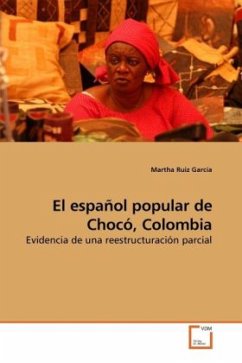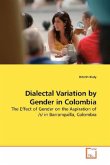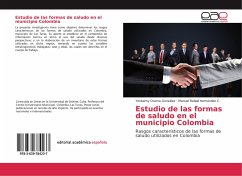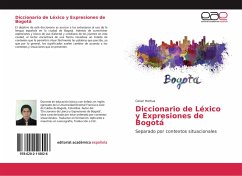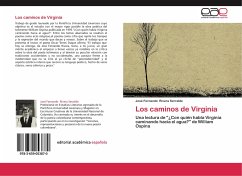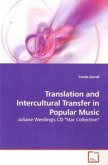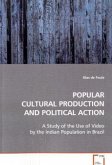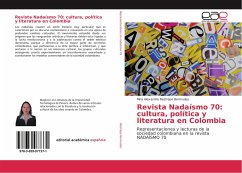It was postulated several decades ago that black slaves during the colonial period spoke an Afro- Hispanic Creole language that shaped the origin and development of non-standard varieties such as Caribbean Spanish. Nevertheless, this has been a topic of much debate among scholars, due to the lack of linguistic evidence of the true Creole nature of the speech (known as bozal Spanish) of African-born slaves attested in written texts of previous centuries. This book examines the vernacular Spanish of Chocó, a black community of northwestern Colombia. Its dialect shows linguistic partial evidence of an earlier Afro-Hispanic language contact. The analysis of this evidence could shed light on the pan-Caribbean Creole debate. The data was collected through taped interviews with 93 illiterate and low educated level informants from the villages (Tadó, Carmelo, Corcobado, etc.) of San Juan River. Three linguistic levels: morphosyntactic, phonological and lexical are analyzed in order to provide a reconstruction of earlier forms of an Afro-Hispanic contact language.
Bitte wählen Sie Ihr Anliegen aus.
Rechnungen
Retourenschein anfordern
Bestellstatus
Storno

